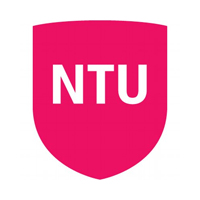fees waived
Physics with Secondary Education (QTS), BSc (Hons)
Nottingham Trent University, United Kingdom
Ranking in UK
Education
Physics and Astronomy
Physics
Costs
food & rent S$18.5k / year
Entry requirements
Scholarships
Limited quantity
Limited quantity
Limited quantity
Information
Code
Intakes
Website (External)
Programmes
Information
Duration
2029
Secondary education plays a vital role in students' development, helping them gain essential knowledge and skills for adulthood. As a secondary teacher, you will build specialised subject expertise while fostering pupils' intellectual and personal growth. With high demand for educators, this role offers a meaningful opportunity to positively influence society.This three-year Physics with Secondary Education degree at NTU deepens your understanding of physics and teaching methods, preparing you for a fast-tracked career. You'll learn from physicists and experienced former teachers, develop an inclusive approach, and gain practical classroom experience through placements in diverse settings. Upon graduation, you'll be equipped for Qualified Teacher Status (QTS), enabling you to inspire young people and share your passion for physics in modern classrooms.
A local representative of Nottingham Trent University in Singapore is available online to assist you with enquiries about this course.

